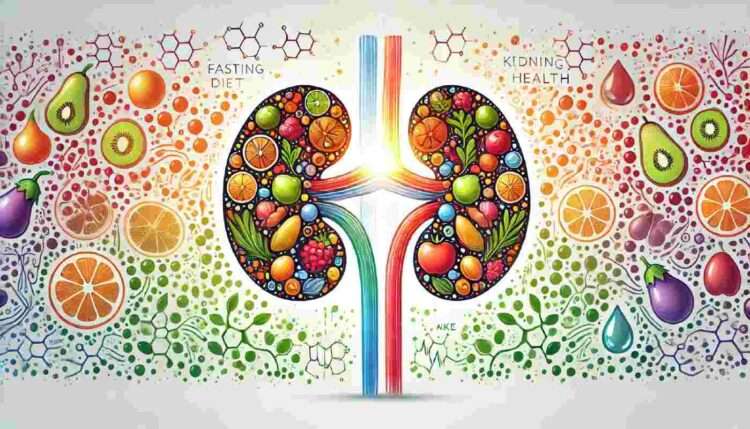Imagine if simply changing how you eat could help heal your body. Scientists have discovered that a special fasting diet might repair damaged kidneys, offering new hope for people with kidney disease.
Kidneys are vital organs that filter waste from our blood. When they don’t work properly, it can lead to serious health problems. Recently, researchers have been exploring how fasting—a period of not eating—can benefit our health in surprising ways.
The Science Behind Fasting and Kidney Health
According to a study led by Valentina Villani and colleagues, published in Science Translational Medicine, a kidney-specific fasting-mimicking diet (FMD) showed promising results in restoring kidney function in animals with kidney disease. The diet isn’t about completely stopping eating but involves consuming specific nutrients that trick the body into thinking it’s fasting.
In their research, the scientists used a special diet on rats with kidney damage caused by a substance called puromycin aminonucleoside (PAN). This substance damages the kidneys, especially the tiny filters called glomeruli. The fasting-mimicking diet helped the rats’ kidneys repair themselves. The damaged cells began to recover, and overall kidney function improved.
How Does the Fasting-Mimicking Diet Work?
The fasting-mimicking diet provides low calories and specific nutrients that promote healing while still giving the body enough energy to function. It seems to activate the body’s natural ability to repair and regenerate cells.
“By reducing certain nutrients, we can trigger a response in the body that leads to cellular repair mechanisms,” explains Dr. Laura Perin, one of the lead researchers. “This process can help rejuvenate damaged kidney cells.”
Benefits Beyond the Kidneys
Fasting has been studied for its potential to improve various aspects of health. It may reduce inflammation, improve blood sugar levels, and even support heart health. By giving the body a break from constant digestion, fasting allows it to focus on healing and maintenance.
A fasting-mimicking diet might also be more practical for people than traditional fasting. Instead of not eating at all, individuals can follow a specific diet plan that provides necessary nutrients while still offering the benefits of fasting.
What This Means for the Future
The findings from this study are exciting because they suggest a non-invasive way to treat kidney disease. If similar results are seen in humans, it could revolutionize how we approach kidney health.
“These results are a significant step forward,” says Dr. Valter D. Longo, another lead researcher. “They open the door to new dietary interventions that could help patients with kidney damage.”
Important Considerations
While the study’s results are promising, it’s important to remember that most of the research so far has been conducted on animals. More studies are needed to determine if the same benefits apply to humans.
If you’re considering trying a fasting-mimicking diet, it’s crucial to consult with a healthcare professional. Fasting can have different effects on different people, and medical guidance ensures that it’s done safely.
Conclusion
Fasting might be more than just a trend—it’s a potential pathway to healing our bodies from the inside out. The research by Villani and her team highlights the incredible ability of our bodies to repair themselves under the right conditions. As science continues to explore the benefits of fasting, we might soon see new dietary strategies to improve kidney health and overall well-being.
Learn More
To read more about this study, you can visit the Science Translational Medicine journal where the research was published.




